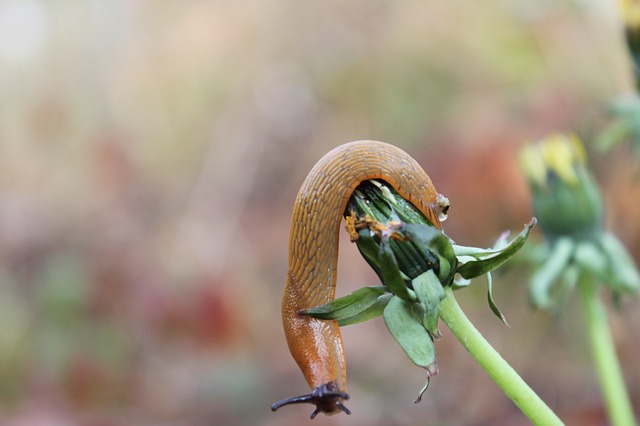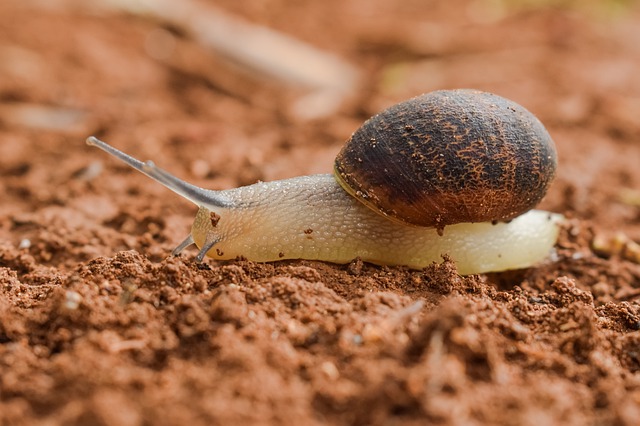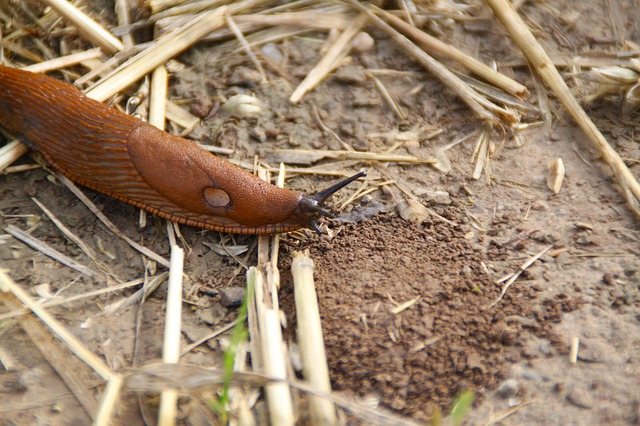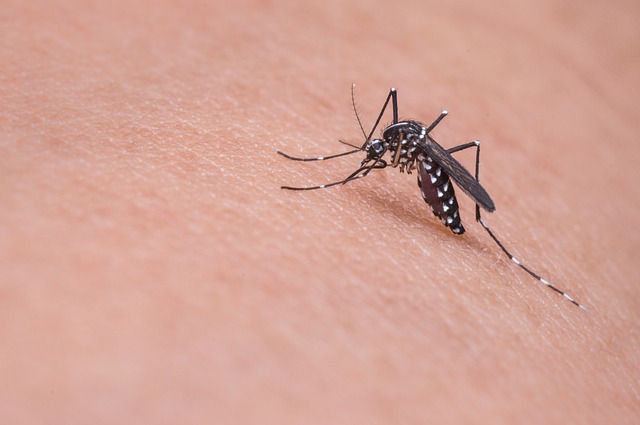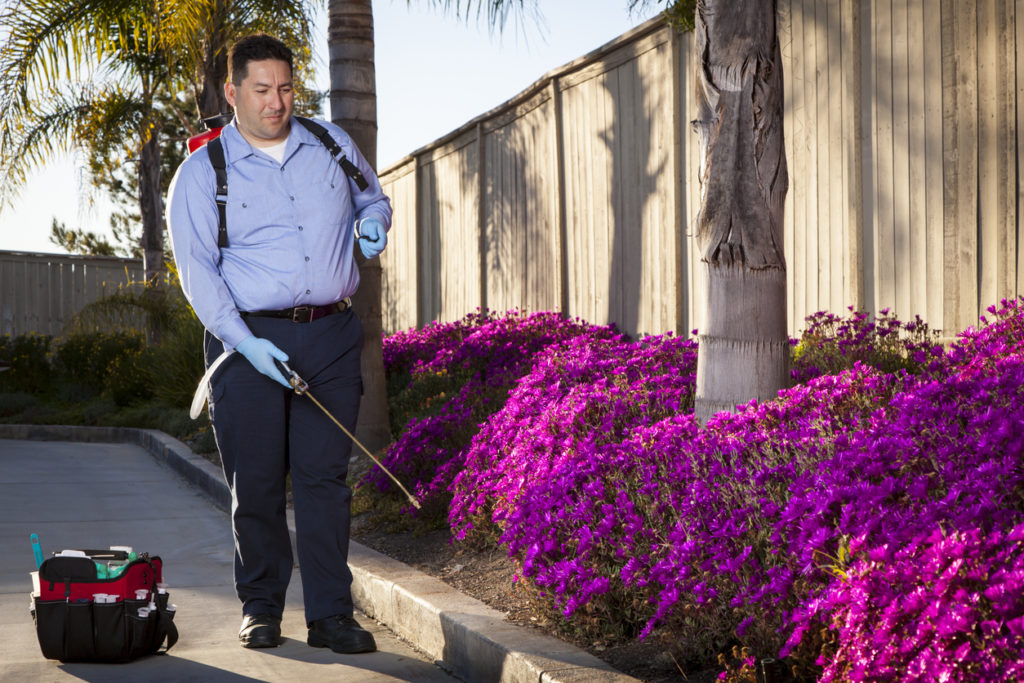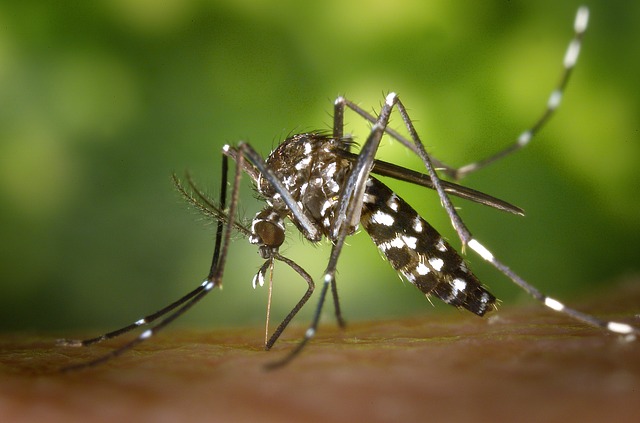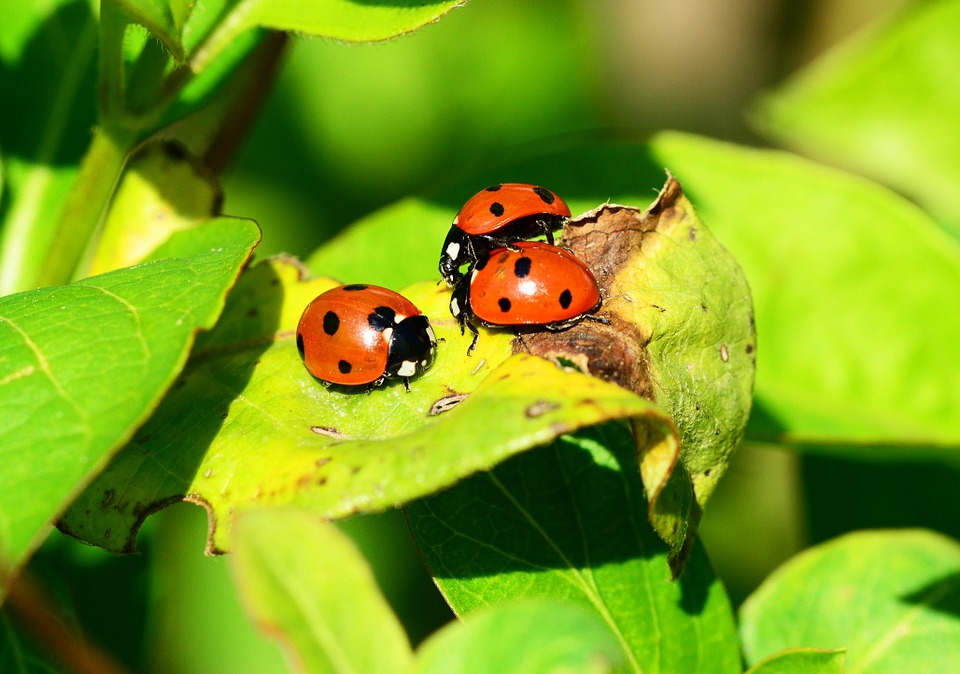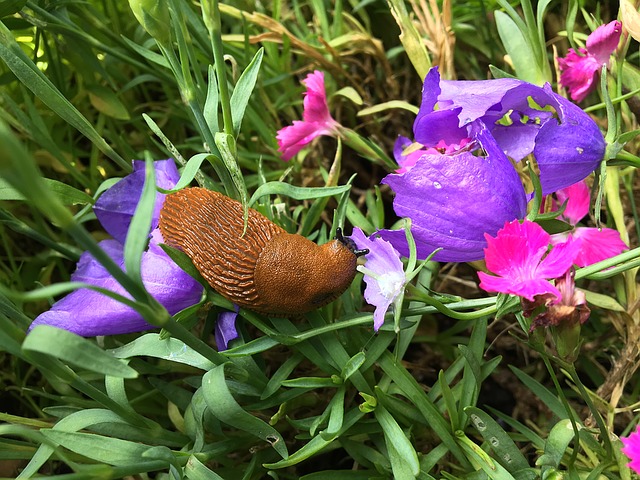
Slugs can be a big problem, yet most people don’t realize that the waste produced from their morning cup of coffee can be used help to protect their plants from these slimy pests. When they encounter your coffee grounds slugs will make a hasty retreat. So here’s everything you’ll need to know in order to put your grounds to work for you.
Damage Caused By Slugs
While not all slug species eat plants, the majority of them do. And for this reason, they can be a major pest for farmers and anyone with a garden. Even if you only have a few outdoor plants they can be at risk of being eaten.
It’s actually not uncommon for slugs to eat the leaves off a plant faster than they can grow back, which ultimately leads to the death of the plant. Slugs will often eat flowers as well. And unfortunately for those with kitchen gardens also like to eat herbs, vegetables, and fruits too.
Why Do Coffee Grounds Deter Slugs?
Slugs actually are very sensitive to caffeine and that means coffee grounds and slugs don’t mix. Tests using sprays containing 1-2% caffeine have shown that they are efficient in killing them. However, keep in mind that used coffee grounds have less caffeine than this. So while coffee grounds repel slugs they won’t kill them.
This makes using grounds ideal for anyone who may feel too guilty to harm slugs even though they are pests. Many people also prefer using coffee grounds because they are 100% natural and don’t contain any harmful chemicals which could be potentially dangerous to plants, children, or pets. As an added benefit the nitrogen they contain can give a boost to garden plants and enrich your soil.
And because they can be slightly acidic many acid-loving plants like coffee grounds as well. Luckily, because they are so closely related to slugs, snails have the same caffeine sensitivity and therefore grounds can keep them away too. This is helpful since snails also like to eat a range of garden plants. Interestingly you can use coffee grounds to deter cats, moles, and a handful of other backyard pests including mosquitoes.
How To Use Coffee Grounds For Slugs
When adding your coffee grounds it’s important that you let them cool down first so that the heat doesn’t damage your plants or any healthy bacteria in your garden. Once they are at room temperature simply take a handful of grounds and sprinkle them around the bases of the plants you’d like to protect by making a ring.
Once they reach the coffee grounds slugs and snails will typically turn right around and look for food somewhere else. If you are using them around plants which like alkaline or neutral soil and you’re concerned about them raising the acidity, simply create your ring of grounds a bit further away from the base of your plants
Other Natural Slug Control Methods
There are other natural solutions that can be used to deter slugs as well. Placing crushed nut shells or eggshells in the garden surrounding plants can help to keep slugs away since they don’t like the sharp texture and will be hesitant to cross over them. Because their mucus reacts with copper, you can use copper tape to repel slugs by placing it around pots and garden beds.
To kill slugs, salt can be sprinkled directly onto them, which will draw the moisture out of their bodies. It can also be sprinkled on non-soil surfaces that they like to frequent in order to repel them. However, you should avoid using it in the actual garden since it can easily kill your plants too.
Using coffee grounds for slugs can be a great solution for the average gardener who wants to deter these pests using something safe and natural without killing them. However, for larger scale slug problems or those who’d like a more final solution, options such as iron phosphate pellets or metaldehyde can be more efficient.
Start Shopping for Slug Deterrents!
The Complete Alligator Decoy Guide
Buy on Amazon Trying to keep predators and pests out of your pond or pool can seem like an impossible task. It can be time-consuming, frustrating, and the damage they cause can be costly and messy. With an alligator decoy, you’ll be able to use their instincts against...
How To Keep Mosquitoes Away From Your Outdoor Living space
If you want to enjoy your outdoor living space during the warmer months without getting eaten alive by mosquitoes, then there is work to be done. Read on below to find out exactly how to keep these blood-sucking pests away from your backyard when the temperature heats...
Pest Control Planning-3 Methods That Are Safe For Your Home and Family
Just the thought of dealing with an infestation of insects or rodents can be enough to send homeowners into a panic. Yet at the same time, the idea of spraying dangerous chemicals on your property can also be unsettling. Fortunately, you don't have to compromise your...
4 Natural Ways to Pest-Proof Your Garden and Patio
Summer is fast approaching, which means it's time to plan out all the fun outdoor activities in your garden. Whether that's having a barbecue, starting a vegetable patch, or chilling in an outdoor pool, summer is the perfect time to take advantage of your garden and...
Green Tips for a Green Garden
Unwanted pests and unwanted weeds are always popping up in the garden. These can ruin flowers or other plants around the yard. Instead of using dangerous chemical pesticides as a means of pest control, there are organic alternatives that work just as well. Here are...
